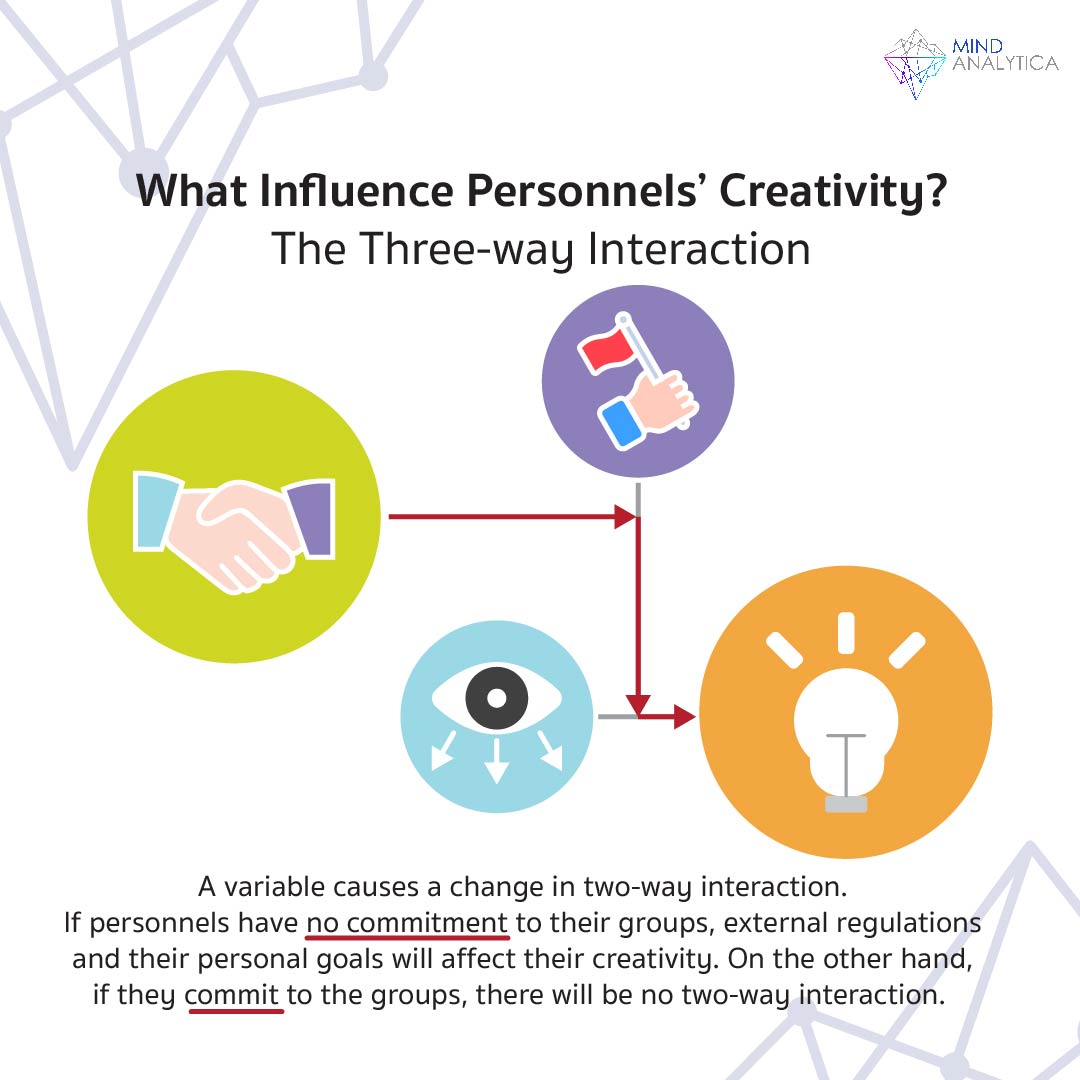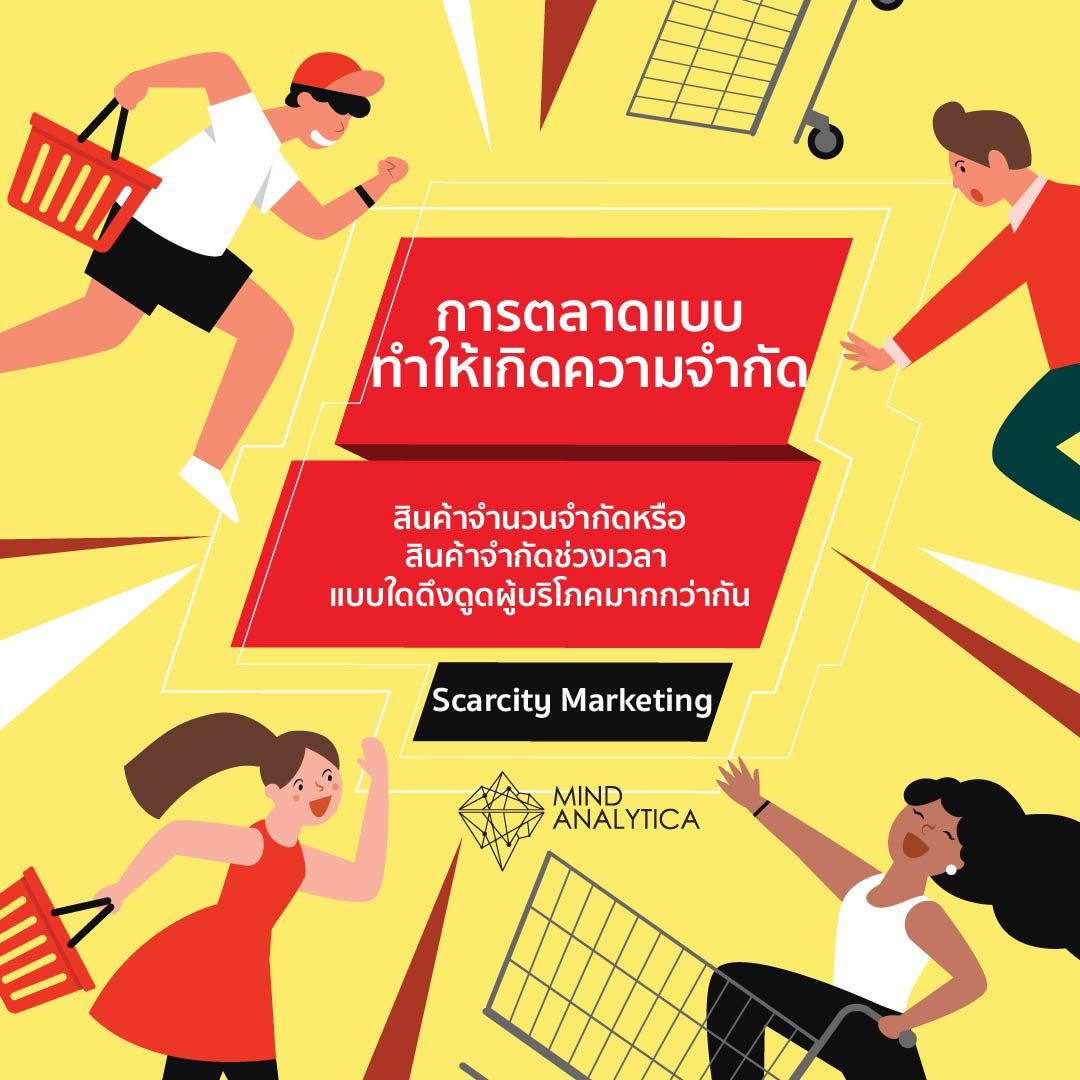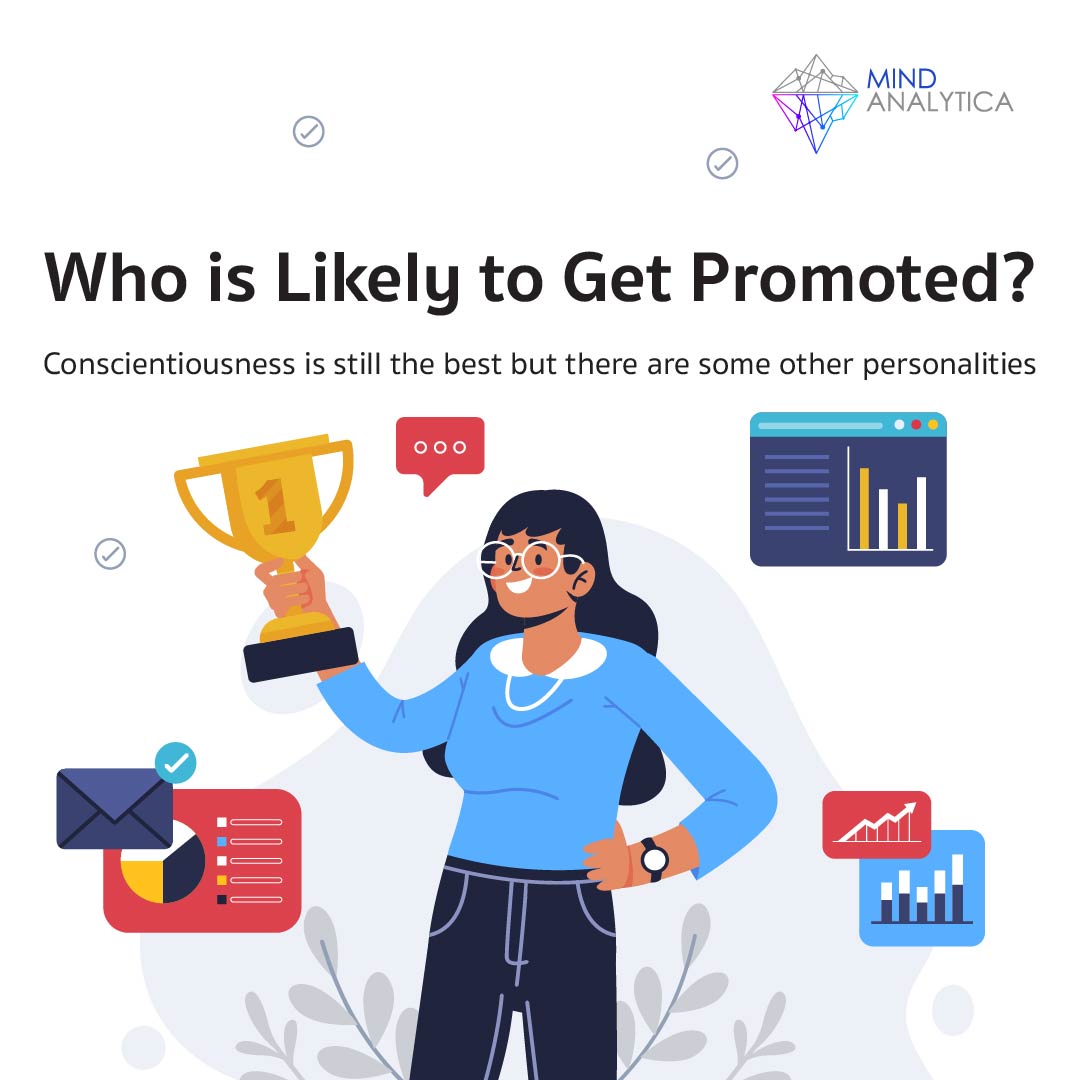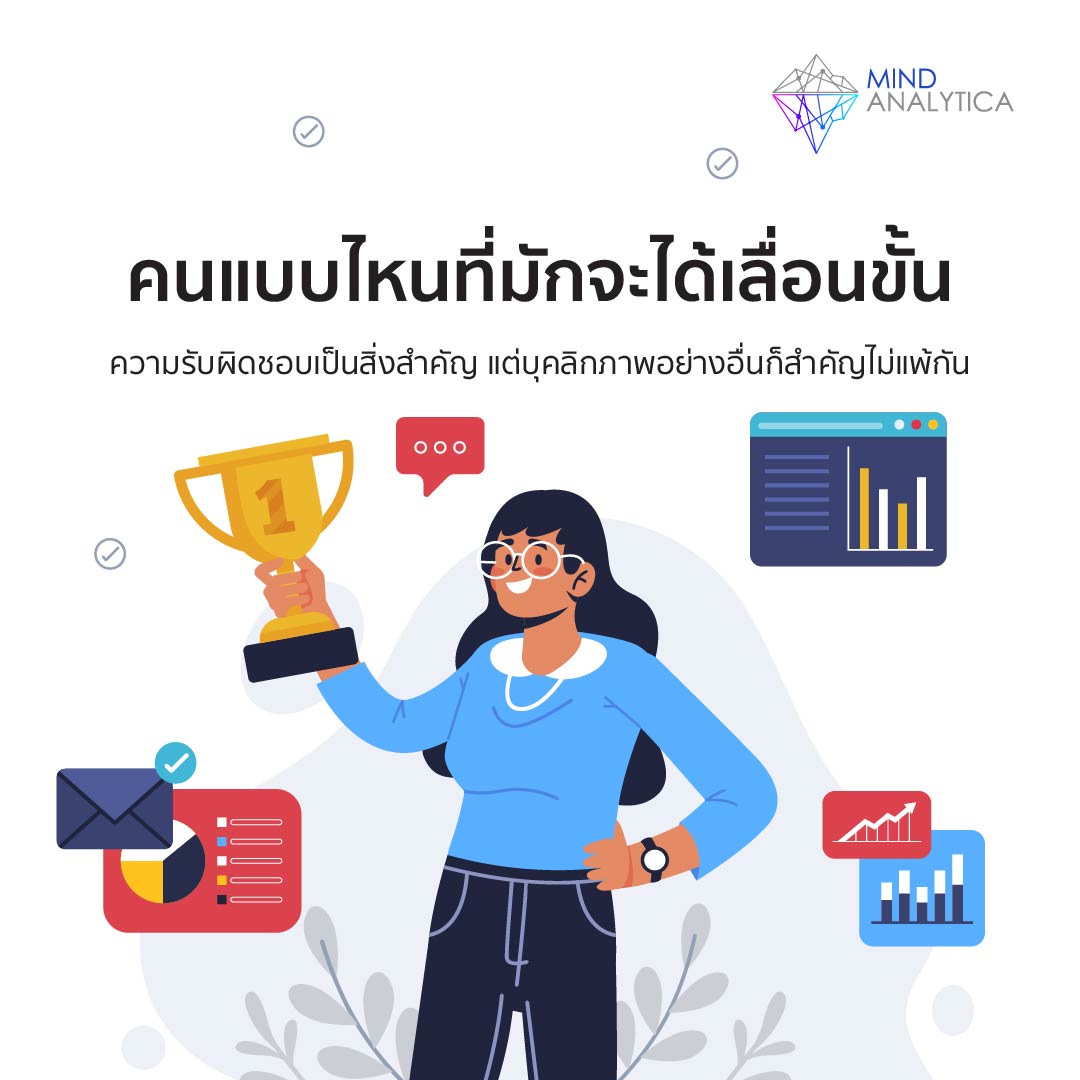What Influence Personnels’ Creativity?
10 พฤษภาคม 2566 - เวลาอ่าน 3 นาที
We have seen top-level managers trying to push employees in different departments to be more creative and develop new ideas and working methods. They apply pressure through rewards and punishments. But does this pressure foster creativity among employees, or does it cause them to become stuck in a framework, afraid to take risks, and thus reduce creativity? The correct answer is that pressure can have both positive and negative effects.
A study published in the Journal of Business and Psychology in 2023 suggests that the impact of pressure on creativity depends on an individual's success and commitment to the group. If employees feel committed to the group and care about its well-being, they will strive to contribute creatively, regardless of external pressure or their level of personal success. In other words, external pressure does not affect creativity if employees are highly committed to the group.
On the other hand, if employees are not committed to the group and do not care about its goals from the outset, external pressure will have an effect, but it depends on their proximity to personal success. If an employee is already close to achieving success, increased pressure will hinder creative behavior, as it can cause discomfort and fear of failure. However, suppose an employee is far from personal success. In that case, external pressure can boost creativity, as they can easily let go of personal goals and believe that collective success will benefit them somehow. The influence of pressure, depending on group commitment and personal success, has been observed among students and sales employees.
This phenomenon is known as a three-way interaction in statistics, where the influence of pressure on creative behavior depends on individual success chances and commitment to a group. A three-way interaction means that one variable alters the pattern of a two-way interaction. If employees are not committed to a group, there's an interaction effect between pressure and individual success on creative behavior. However, if employees are committed to a group, this two-way relationship does not exist.
Practical applications. The best approach to enhance creative behaviors is to ensure employees are committed to their group, department, and organization. If group success is critical to employees, they will exhibit creative behavior. Group commitment can be emphasized by highlighting shared success and fostering a supportive environment. If employees are not committed to their department or organization (e.g., new employees), managers should select employees with high potential for individual success. These individuals naturally demonstrate creativity, so applying pressure to be creative may reduce their creative behavior. If employees don't have a strong performance record, external pressure is necessary to stimulate work and show that they can benefit from group success.
Our services. Employees who commit to an organization and easily connect with others have high agreeableness. Employees with a high potential for individual success are highly conscientious. Highly agreeable employees are likely to help, find new ideas and approaches for the team, and contribute to the team's success. Conscientious employees tend to achieve personal success. These individuals should be selected for the team, and there's no need to pressure them, as they will come up with new ideas on their own. MindAnalytica offers tests to help organizations identify candidates with high agreeableness and conscientiousness levels, using personality assessments tailored for Thais.



